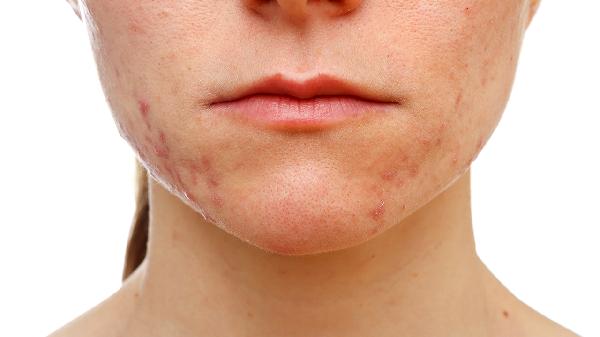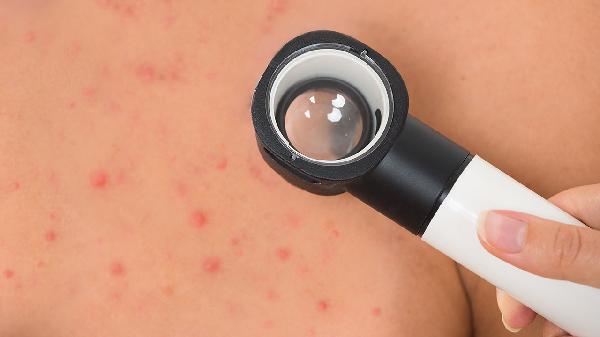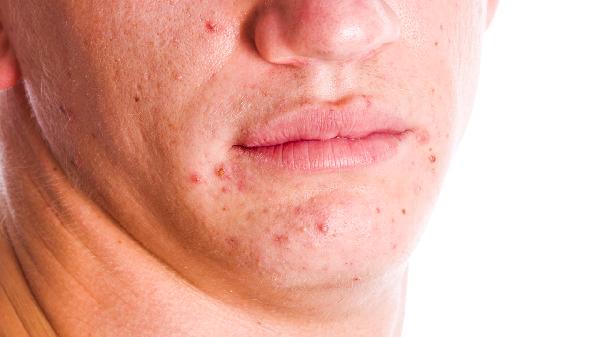For people with sensitive skin, wearing jewelry can sometimes feel like playing a game of "Russian roulette," never knowing when it might trigger redness, itching, or even sores. This "jewelry allergy" not only causes discomfort but can also disrupt daily life. So, how can people with sensitive skin deal with this issue?

1. Identify Allergens
First, those with sensitive skin need to understand which metals they are allergic to. Common allergens include nickel, chromium, and cobalt. Nickel is the most frequent culprit and is often found in cheap jewelry. Skin tests or blood tests can help pinpoint specific allergens, allowing individuals to avoid them.
2. Choose Hypoallergenic Materials
When selecting jewelry, prioritize hypoallergenic materials like pure gold, pure silver, titanium, and platinum. These materials are less likely to cause allergic reactions. Additionally, some brands specialize in hypoallergenic jewelry, making it a safer choice for sensitive skin.
3. Avoid Prolonged Wear
Even hypoallergenic materials can cause discomfort if worn for too long. People with sensitive skin should avoid wearing jewelry for extended periods, especially after sweating or coming into contact with water. Remove jewelry promptly and clean the skin afterward.
4. Use Protective Barriers
Before wearing jewelry, apply a layer of clear nail polish or use specialized anti-allergy patches. This creates a protective barrier, reducing direct contact between the metal and the skin and lowering the risk of an allergic reaction.
5. Clean Jewelry Regularly
Dirt and sweat on jewelry can worsen allergic reactions. Regularly clean jewelry to keep it hygienic and minimize the risk of allergies. Use mild soap and water with a soft cloth, avoiding harsh chemical cleaners.
6. Pay Attention to Design
The design of jewelry can also affect allergic reactions. Opt for smooth, non-sharp designs to reduce friction and irritation on the skin. Avoid wearing overly intricate or rough jewelry, especially in areas that come into direct contact with the skin.
7. Address Allergic Reactions Promptly
If an allergic reaction occurs, remove the jewelry immediately and rinse the skin with water. Use antihistamine creams or cold compresses to alleviate symptoms. If symptoms are severe or persistent, seek medical attention for professional treatment.
8. Psychological Adjustment
People with sensitive skin may feel frustrated or anxious due to "jewelry allergies." Maintaining a positive mindset and finding suitable alternatives, such as scarves or hair accessories, can help them stay fashionable and confident without wearing jewelry.
While people with sensitive skin need to be more cautious when choosing and wearing jewelry, it doesn’t mean they can’t enjoy the fun of accessorizing. By understanding allergens, selecting hypoallergenic materials, paying attention to how they wear jewelry, and addressing allergic reactions promptly, they can safely wear jewelry and showcase their beauty and individuality.
























